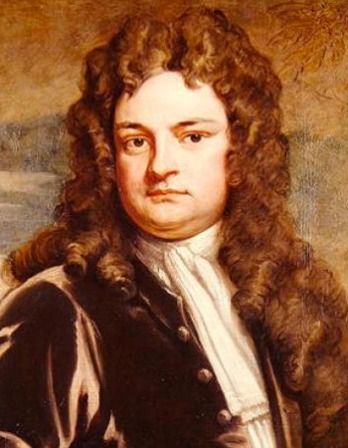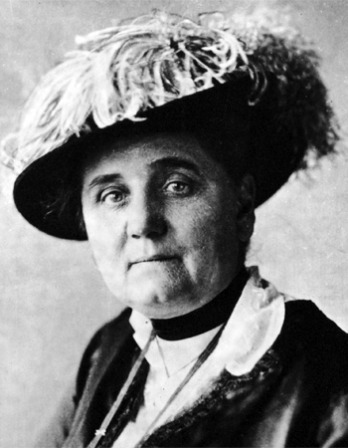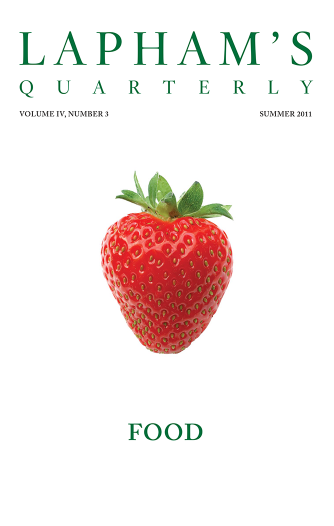Dear Sir,
My attention has been drawn to the case of the native girl, Precilla Karpany, having her baby, nine months old, taken away from her under the provisions of the Aborigines Act passed last year. Also to the report of the occurrence, with severe comments thereon, published in the Adelaide Sun of April 12. The tenor of that article makes a vivid criticism of the gross inhumanity of such a ruthless and cruel administration of the Act. That a woman should have her own baby recklessly dragged from her arms and taken entirely away from her, at the behest of a government official, because some female inspectress thought the mother an unsuitable guardian, is shocking to contemplate. What does the female official know of the right way to treat an aboriginal baby? As a matter of fact, I have taken this young native woman into my own home and find her clean and well behaved. Not at all such a character as might be expected to ill-treat her own child.
The fact that this young native woman has a child when she is not married is not so much a reproach to her as to the abominable way in which the natives at Point McLeay are housed. The shocking way in which they are placed together, without sufficient accommodation, fosters immorality, and it is a credit to the natives that immorality is not more rampant. At the same time there is a very grave reflection on the Aborigines Department, which on the station being taken over by the government, abolished the children’s boarding establishment, which had been in existence from the inception of the Mission.
I may say that I am well acquainted with the provisions of last year’s Act which gives you power to remove an aboriginal child from its mother in certain circumstances. This however is a provision which, in the opinion of any reasonable person, should not need to be put into operation at an institution, such as that at Point McLeay. If an aboriginal mother is discovered away in the back blocks, where she cannot in reason by expected to give her child proper care, it may be a good thing to transport the child to Adelaide, where it can be better attended to. But at an institution such as that at Point McLeay, the officials should be in a position to see that the children are not neglected. To forcibly remove an infant in these circumstances from its natural protector, I contend, is a grave outrage.
Used with permission of the State Library of South Australia.
C.E. Taplin, from a letter. Writing as a missionary and self-appointed honorary protector, Taplin testified to some of the brutalities of the Training of the Aborigines’ Children Act of 1923. The Chief Protector of the Aborigines had been given the power to remove forcibly orphans and children he deemed destitute by a law passed in 1844; the law of 1923 extended these powers. The case in question became a minor media sensation, prompting officials to return the child to its rightful mother.
Back to Issue



